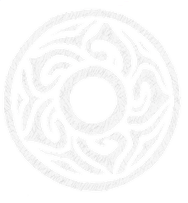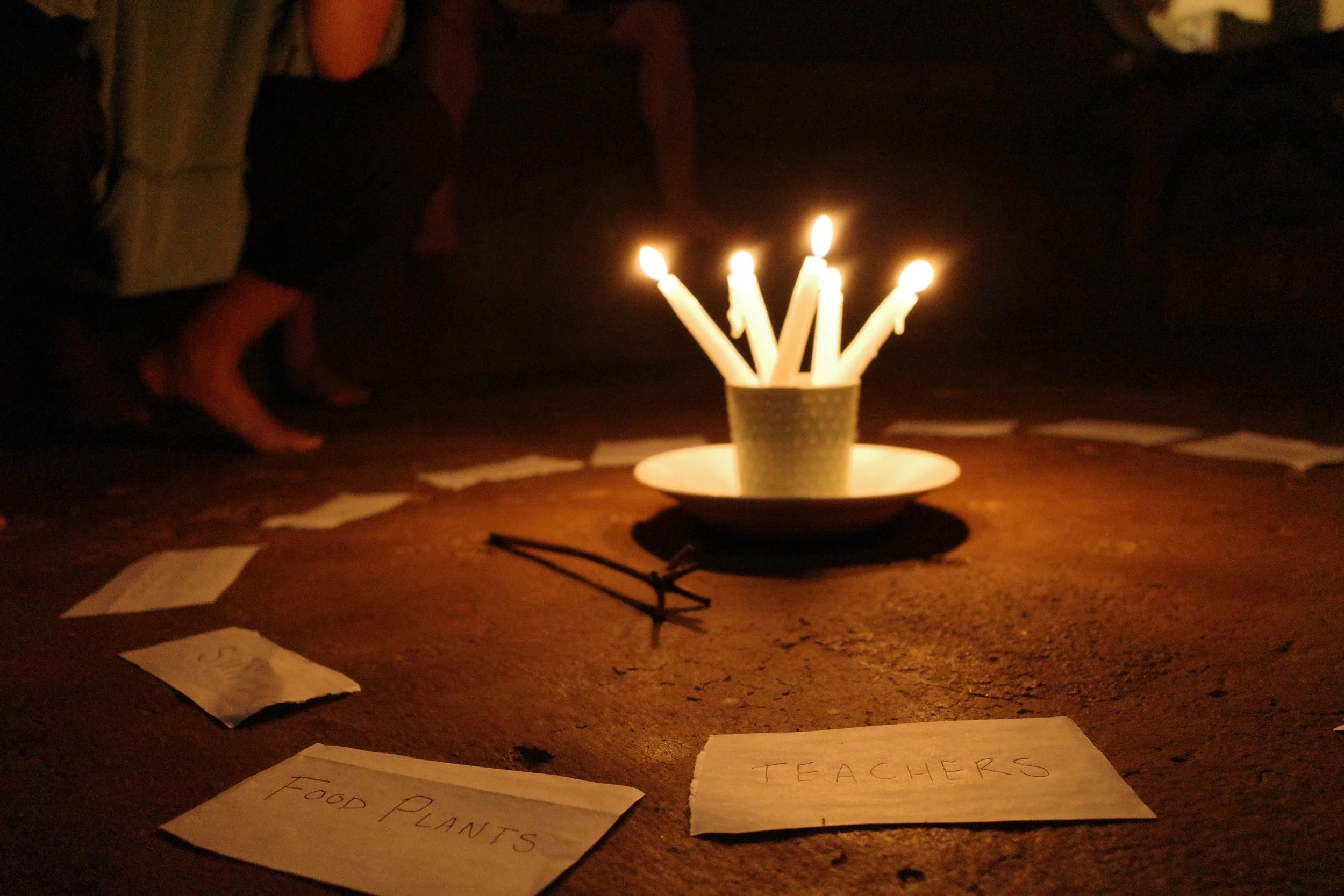The Ethics of Permaculture
By core team member, Sam Hansen
Philosophy is the study of knowledge, truth, and meaning. Ethics or “moral philosophy” embraces those principles as they influence human behavior. Socrates, who was a foundational figure in western philosophy thought that ethics are based on the premise that all people are essentially good and given the choice will make good decisions. Aristotle called this behavior “virtue,” a striving to do the right thing and make the ethical decision.
When these concepts are applied in practice, the seeking after right and wrong gets a little more complicated. Are ethics universal, or are they subjective, governed by individual attitudes and circumstances? And if that is the case, how can anyone be sure that they have “good ethics” and are always making the right decision? And by what means can we design a future in which every choice leads to the wellbeing of all humanity and to the wellbeing of the planet?
In 1978 Bill Mollison and David Holmgren, two Australian ecologists took on that challenge by developing an interdisciplinary design manual which they believed, if followed would result in a positive, integrated and prosperous future. They called their enterprise “permaculture” and created three fundamental ethical formations as its foundation.
“The only ethical decision is to take responsibility for our own existence and that of our children. Make it now.” – Bill Mollison
Care of the EARTH
Care of the PEOPLE
Set LIMITS to consumption
Transition
Earth Care
The permaculture ethic of caring for the earth is founded on an understanding of the interconnectedness we share with all nature and that our survival as a species is dependent on that of the planet earth. While some might argue that this ethic stems from our own self-interest, Bill and David believed that the “survival of natural systems” is based on cooperation with, rather than domination over, the natural systems that provide a healthy habitat for us.
“When we lose plant and animal species due to our actions, we lose many survival opportunities”- B. Mollison.
Permaculture states that we leave these natural systems to flourish and when we require resources, we harvest them applying the rules of “necessitous use” which includes reducing waste, avoiding pollution, and safeguarding against any process with negative environmental or human impacts.
The Earth care ethic reminds us that our best, our only future, depends on the common goal of living together in harmony and cooperation on a thriving sustainable Earth.
People Care
When we come together and agree on the common goal of taking care of the earth and ensuring its existence and our survival on it, we can then focus on our relationships with others. From an early age we are taught to look out for our family and keep each other safe. As global citizens it is essential to treat all humanity as part of our family and extend the same care to all. A population that values each and every individual’s contribution and functions to support each other is more likely to thrive than one based on competition and opposition. Sadly, most political and state systems function by setting us on opposing teams. How much better would it be for everyone if we were on the same side working towards a unified and prosperous future?
What Bill Mollison called “communal permanence” is creating a strong sense of interconnectedness with nature and with each other so that we can thrive for many generations. For example, knowing that the forests we plant today will be nurtured and cherished for the future and not harvested for short term gain. This ethic is not a simple one in which to find balance, given that we have such a diverse range of cultures, customs, values and philosophies in the world. However, by working together towards common goals that allow us to live in harmony with nature, ensure that everyone has access to clean water and healthy food and enjoys the right to free expression, all the while not imposing on other’s well-being, we can strive to create a future in which we protect our planet and each other.
Set Limits to consumption – redistribute surplus
“Beneficial behavior involves managing natural systems for their own, and our, long-term benefit, not for our immediate and exploitative personal gain” - Bill Mollison
In a world of rampant consumption and waste the third ethic of Permaculture is based on setting limits and seeking to live a sustainable life by relying on the rule of necessitous use. When we free ourselves from competitive and wasteful economic systems, and organize equitable distribution systems, we discover that there are certainly enough resources to meet everyone’s needs.
The “Fair-share” ethic teaches us to look after our neighbor when they have fewer yields and in turn they will look after us when our yields are low. We can extend this ethic to all of nature and leave space for ecosystems to thrive. Minimizing waste and developing as many renewable resources and systems as possible will help us achieve a balance where we can all enjoy the bounty the earth has to offer, and we can care for each other.
Transitioning into a permanent agriculture and a permanent culture
Since the first permaculture design manuals were written in the late 70’s, much work has been done that has advanced all aspects of permaculture both in design and philosophy. As a result, a fourth ethic has been added to the original three, the “transition ethic.” As we endeavor to make our planet a better and more equitable one, and to protect the natural world and all who inhabit it, the reality of the tremendous inequities of the people who share it, make that a formidable task.
Differing perspectives based on vastly different realities and experiences, make consensus on any and every decision extremely challenging. For example, so many of the agricultural practices employed in conventional farming are hugely destructive to the health of the soil and the people who are fed by it. But persuading a farmer not to use pesticides, tilling or monocropping, when they are convinced that their livelihood depends upon it, is not a simple matter. But neither is it impossible. Through education and support and the awareness of sustainable agricultural practices, farmers could make the necessary transition into rewarding, diversified agro-ecological systems that are resilient, respect the earth and provide plenty for all.
Transitioning people from a globalized individualistic consumption-based economy into one that is rooted in local communities and tied to resource sharing, also poses a challenge. Meeting people where they are and having patience with the fact that not everyone can immediately escape from under the thumb of the current economic paradigm comes with the understanding and application of permaculture ethics and their application in creating a better future.
Breaking down existing systems and interacting with each other in respect and harmony will lead to the just future we seek. The process is a long one, but the transition ethic teaches us to be compassionate and patient as well as understanding that not everyone can simply make that immediate “switch.”
In a perfect world
The path humanity has taken since the industrial revolution, colonial exploration and exploitation, has been a hugely destructive and divisive one. The planet has been massively degraded and political elites acting in their own narrow interests have kept entire peoples and societies apart and impoverished. While the ethics permaculture proposes may seem utopic and difficult to achieve in the short term or on any significant scale, it’s important to remember that living mindfully, guided by these ethics and practices, can have a significant impact.
They can guide us to living in a harmonious relationship to the earth, ourselves and each other if only we keep them close in all aspects of our daily life. By starting out small and applying the ethics and practices of permaculture in our homes, neighborhoods and communities, every positive decision we make or action we take, has ripple effects that contribute to the transformations we yearn to see in the world.
This is the goal of the permaculture movement on a global scale, to share ancient wisdom that largely has been forgotten and that can be used to connect us with a collective vision, behaviors and actions that will lead all who participate, to a just, equal and abundant way of life.
“Meaning in life is lost by striving after status and future glory; it is gained and realized by action towards a common ideal, in serving the whole according to our physical, mental, educational and understanding capacities. It is never enough to mean well, rather, it is necessary to ensure that it gets done.”
- Bill Mollison
Learn More
Join us for one of our yearly Permaculture Design Certifications to get theory and hands on experience from leading experts. Check out our workshop calendar for more educational experiences.







